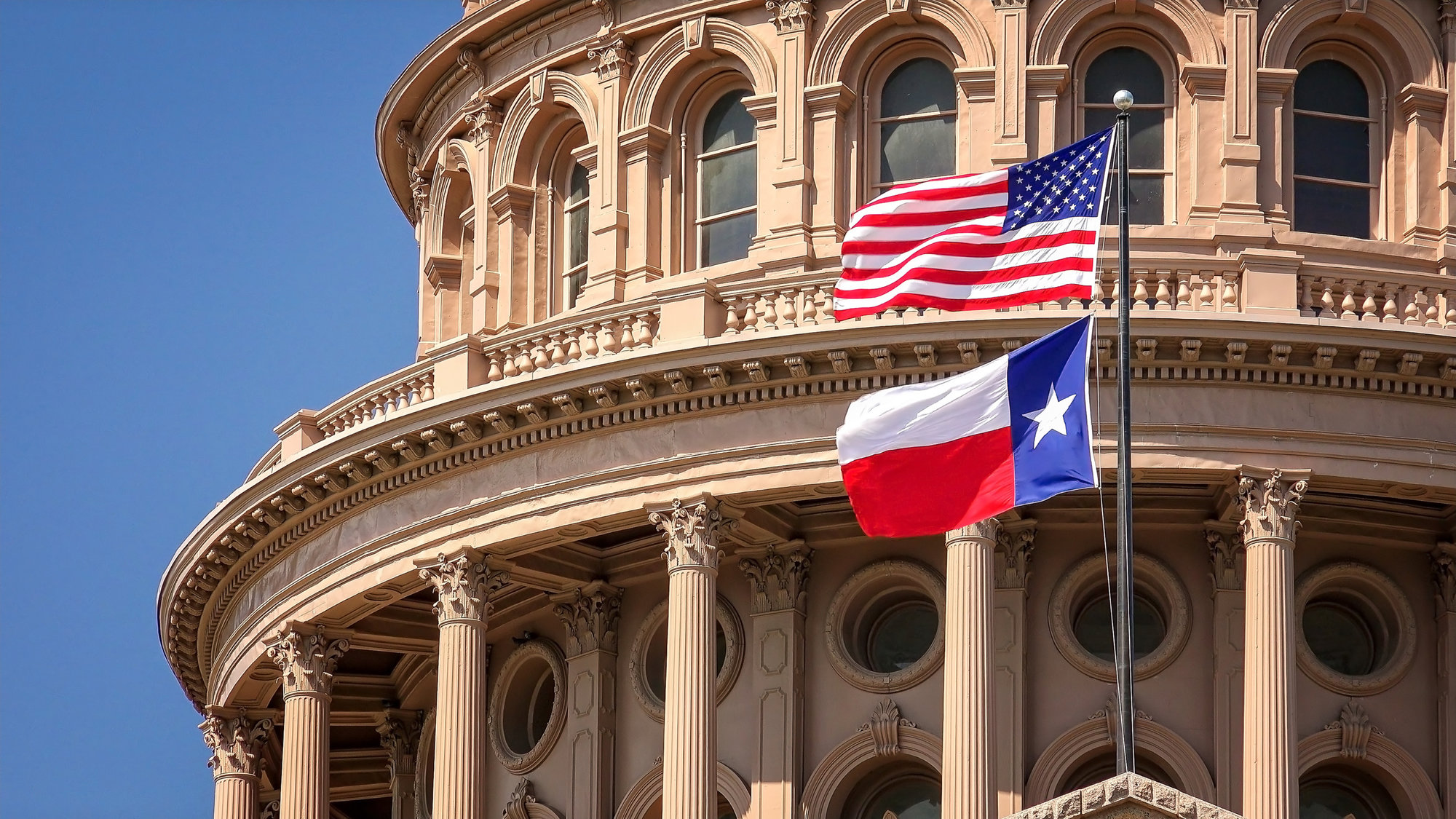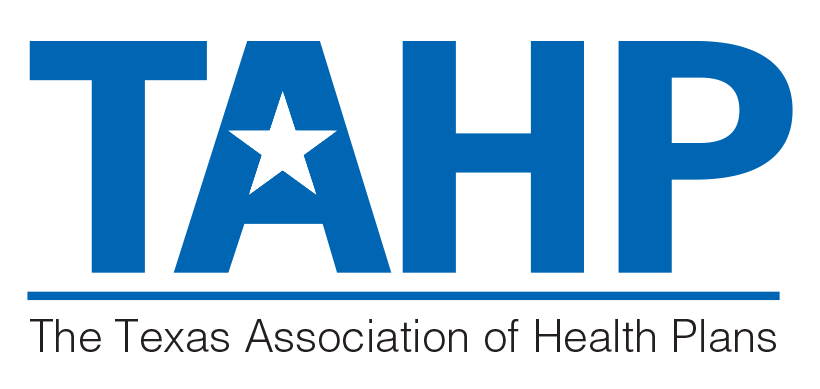
TAHP CEO Publishes New Op-Ed in Houston Chronicle
Complete Coverage

By: TAHP | Friday, September 13, 2019
There’s a Fair, Simpler Solution to Surprise Medical Bills [Opinion]
Surprise medical bills are a major problem nationally, and almost everyone agrees patients must be protected from receiving them. Surprise billing typically occurs in situations where patients receive care from a provider they did not specifically choose, such as when they are treated by an out-of-network ER doctor during an emergency. After treatment, the provider sends a bill to the patient’s insurer, which pays what it determines is appropriate based on market rates. Once the provider receives payment from the insurer, they may send a bill for the remaining balance to the patient. This final bill is called a surprise bill and can saddle patients with unexpected medical bills for thousands or tens of thousands of dollars.
Texas legislators worked this session to address surprise billing for people with state-regulated coverage, but many Texans have health coverage that isn’t regulated by our state and they can only be protected by a federal surprise billing solution. Although there is a broad consensus supporting a federal prohibition on surprise billing patients, two different solutions — arbitration and benchmarking — have been proposed to determine how much doctors should be paid in these situations.
Meanwhile, the Texas Association of Health Plans (TAHP) joins most academic and research institutions that have weighed in on this subject in supporting the use of benchmarking to determine fair pricing.
The ERISA Industry Committee (ERIC) represents large employers on health policy issues and has also publicly supported benchmarking and opposed the use of arbitration to determine appropriate payment. In July, ERIC President and CEO Annette Guarisco Fildes stated arbitration “has no place in the health care system, which is already burdened by excessive and unwarranted costs, as it threatens to force employers and patients to pay medical list prices — prices that are unreasonable and unpredictable and will continue to bankrupt families.”
Because arbitration considers providers’ inflated billed charges — prices that are originally charged for a service and unconstrained by market forces — as a reasonable starting point during the dispute resolution process, the final prices eventually chosen could be much higher than they should otherwise be. The high cost of health care would remain high, resulting in higher premiums for everyone. Arbitration is also inherently complex and would require new administrative costs. Under an arbitration system, two different arbitrators could determine wildly different “fair” prices for the exact same service.
Researchers from organizations on both sides of the aisle — not to mention nonpartisan organizations — also agree arbitration is not the answer. The USC-Brookings Schaeffer Initiative for Health Policy determined arbitration would “almost assuredly result in significantly higher premiums, patient costs, and federal deficits,” and the conservative-leaning American Enterprise Institute reported arbitration could “introduce large market distortions and unintended consequences” such as creating a less transparent process and encouraging doctors to stay out of network.
Benchmarking is a fairer and simpler solution that works for everyone, and, contrary to some physician groups’ claims, it does not rely on government rate-setting, lead to the erosion of Medicare, or close rural hospitals. If it did, we would oppose it.
It’s important to remember surprise billing usually happens in emergencies and other circumstances where the patient isn’t able to shop around for a doctor. In a truly free-market transaction, the patient chooses a particular provider and agrees to a price before receiving a good or service. Benchmarking recognizes the absence of that choice in surprise billing situations and uses regional price data — prices negotiated in the free market that fairly represent local costs — to determine the appropriate price for a particular service.
Opponents of benchmarking have said it would have a significant negative impact on doctors and rural hospitals, but this claim has been rated “False” by Kaiser Health News and PolitiFact. According to the fact-checkers, “There is also scant evidence that these proposals would trigger emergency room closures… experts say their evidence is anecdotal at best.”
There’s a reason employers and independent experts agree arbitration would be harmful for our health care system. It encourages providers to stay out of network and continue overcharging for care, and it would do nothing to address our high health care costs.
To protects patients from surprise billing while lowering the cost of health care and fairly compensating providers, Congress must follow our shared free market principles and pass a federal surprise billing solution that uses benchmarking to avoid billing disputes — not arbitration.
Dudensing is CEO, Texas Association of Health Plans, a trade organization representing the Texas health insurance community
Stay updated on the latest TAHP news

Articles written by TAHP’s team of policy experts that examine the research, trends, and impact of the most important health care policy issues facing Texas and the country today.

Weekly news clips assembled by the TAHP team that highlight the top headlines from the health insurance and health care worlds, as well as important political updates.
